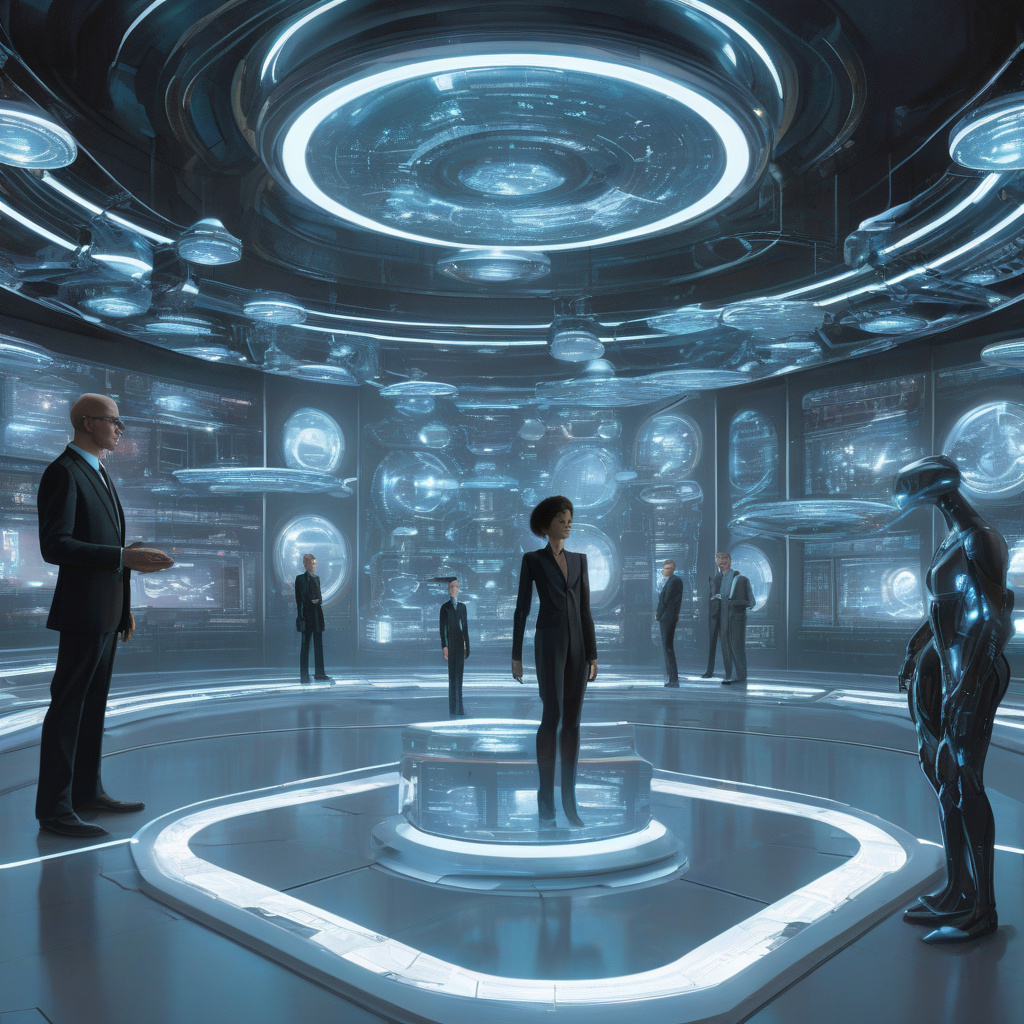Agents Meet Databases: The Future of Agentic Architectures
In the ever-evolving landscape of technology, the intersection of agents and databases is paving the way for a new era of agentic architectures. NVIDIA CEO Jensen Huang and OpenAI CPO Kevin Weil have marked 2025 as “the year of agents,” signaling a significant shift in how artificial intelligence operates.
Imagine a world where AI agents seamlessly interact with databases to process vast amounts of data in real-time. This synergy enables agents to make autonomous decisions, learn from interactions, and adapt their behavior based on changing circumstances.
At the heart of this transformation lies the ability of agents to harness the power of data stored in databases. By accessing structured information efficiently, agents can perform complex tasks with speed and precision. This integration unlocks a myriad of possibilities across various industries, from healthcare to finance to manufacturing.
For instance, in healthcare, AI agents can analyze patient data stored in databases to provide personalized treatment recommendations. By understanding historical trends and individual factors, agents can offer insights that enhance medical decision-making and improve patient outcomes.
In finance, AI agents can leverage transactional data to detect fraudulent activities and mitigate risks in real-time. By continuously monitoring patterns and anomalies within databases, agents act as vigilant guardians, safeguarding financial institutions and their clients from potential threats.
Moreover, in manufacturing, AI agents can optimize production processes by accessing inventory data, demand forecasts, and supply chain information from databases. This enables agents to streamline operations, reduce inefficiencies, and enhance overall productivity.
The fusion of agents and databases not only streamlines operations but also augments human capabilities. By automating routine tasks and providing intelligent recommendations, AI agents empower professionals to focus on strategic initiatives that drive innovation and growth.
As we look towards the future of agentic architectures, it becomes clear that this synergy holds immense potential to revolutionize industries and redefine the way we interact with technology. By embracing this paradigm shift, organizations can leverage the collective intelligence of agents and databases to unlock new possibilities and stay ahead of the curve.
In conclusion, the convergence of agents and databases represents a paradigm shift in the realm of artificial intelligence. By harnessing the power of data and intelligent agents, organizations can elevate their operations, drive innovation, and deliver unparalleled value to their stakeholders. As we navigate this transformative landscape, embracing agentic architectures is not just an option but a necessity to thrive in the digital age.

